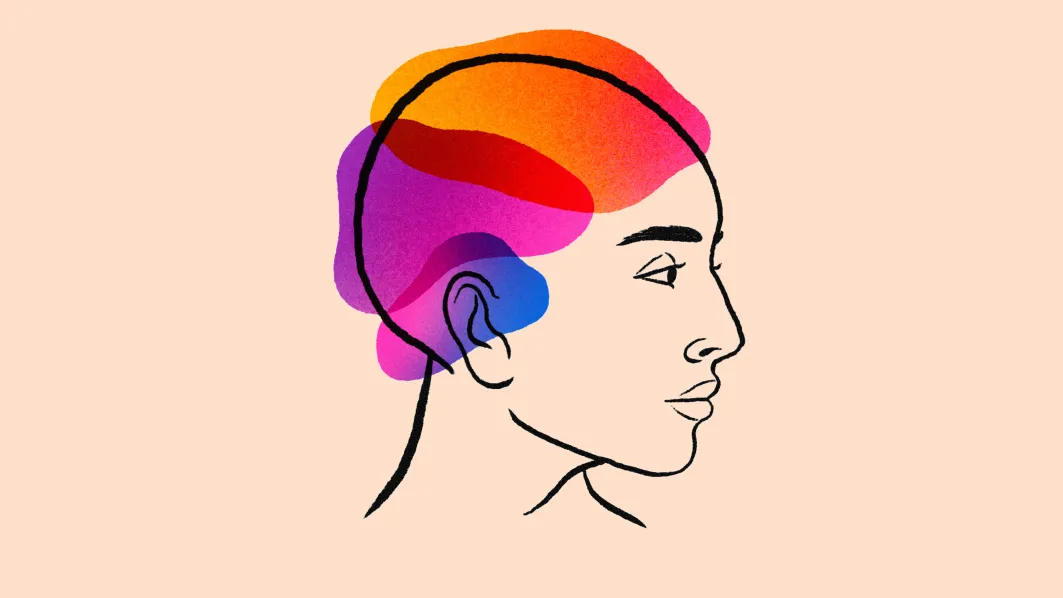Chatbot answers are all made up. This new tool helps you figure out which ones to trust.
The news: Large language models are famous for their ability to make things up—in fact, it’s what they’re best at. But their inability to tell fact from fiction has left many businesses wondering if using them is worth the risk. A new tool created by Cleanlab, an AI startup spun out of a quantum computing lab at MIT, is designed to give high-stakes users a clearer sense of how trustworthy these models really are.
How it works: The Trustworthy Language Model gives any output generated by a large language model a score between 0 and 1, according to its reliability. This lets people choose which responses to trust and which to throw out. In other words: a BS-o-meter for chatbots.
Why it matters: Cleanlab hopes that its tool will make large language models more attractive to businesses worried about how much stuff they invent. But while the approach could be useful, it’s unlikely to be perfect. Read the full story.
—Will Douglas Heaven
My biotech plants are dead
—Antonio Regalado, MIT Technology Review’s senior biotech editor
Six weeks ago, I pre-ordered the “Firefly Petunia,” a houseplant engineered with genes from bioluminescent fungi so that it glows in the dark.
After years of writing about anti-GMO sentiment in the US and elsewhere, I felt it was time to have some fun with biotech. These plants are among the first direct-to-consumer GM organisms you can buy, and they certainly seem like the coolest.
But when I unboxed my two petunias this week, they were in bad shape, with rotted leaves. And in a day, they were dead crisps. My first attempt to do biotech at home is a total bust, and it cost me $84, shipping included. But, although my petunias have perished, others are having success right out of the box. Read the full story.
This story is from The Checkup, our weekly biotech and health newsletter. Sign up to receive it in your inbox every Thursday.
The must-reads
I’ve combed the internet to find you today’s most fun/important/scary/fascinating stories about technology.
1 ByteDance insists it won’t sell its US TikTok business
It claims that reports it plans to sell the platform without its recommendation algorithm are untrue. (WSJ $)
+ In fact, it seems like ByteDance is doubling down on its ownership. (FT $)
+ The ban is extremely unpopular among prospective young voters. (Vox)
2 Big Tech needs to work out how to make money from AI
They’ve optimistically sunk billions into systems that aren’t yet money makers. (WP $)
+ But Google and Microsoft claim they’ve already figured out how to cash in. (Wired $)
+ Prominent tech leaders have joined the US government’s AI advisory board. (WSJ $)
3 China controls nearly all of the world’s EV graphite supply
Which makes it virtually impossible for automakers to qualify for US EV subsidies, according to South Korea. (FT $)
+ Singapore’s push into EVs isn’t resonating with car owners. (Rest of World)
+ How one mine could unlock billions in EV subsidies. (MIT Technology Review)
4 A Baltimore high school teacher created an audio deepfake to smear his boss
The fake clip of the school’s principal contained racist and antisemitic comments. (NYT $)
+ The teacher has been arrested. (NBC News)
5 The first personalized mRNA vaccine for melanoma is being trialed in the UK
Hundreds of patients will receive the vaccine in a bid to combat the cancer. (The Guardian)
+ The next generation of mRNA vaccines is on its way. (MIT Technology Review)
6 We could be closer than ever to curbing climate change
Clean energy sources are on the rise, and efficiency is growing. (Vox)
+ Want less mining? Switch to clean energy. (MIT Technology Review)
7 Russia vetoed a UN resolution on nuclear weapons in space
While China abstained from the vote. (Ars Technica)
+ How to fight a war in space (and get away with it) (MIT Technology Review)
8 Spyware developers could be barred from entering the US
The State Department wants to impose visa restrictions on them. (The Verge)
9 LinkedIn is full of weird AI images now
The junky pictures that first went viral on Facebook are seeping into the professional network. (404 Media)
+ LinkedIn is also home to a new wave of ghostwriters. (Insider $)
10 No Airbnb? No problem
New Yorkers are coming up with innovative ways to get around a crackdown. (The Guardian)
Quote of the day
“It’s a little corner of happy in a really, really tough world right now.”
—Kristie Carnevale, a BookTok creator, explains to the Washington Post why she’s so upset at the prospect of the US government banning TikTok.
The big story
Eight ways scientists are unwrapping the mysteries of the human brain
There is no greater scientific mystery than the brain. It’s made mostly of water; much of the rest is largely fat. Yet this roughly three-pound blob of material produces our thoughts, memories, and emotions. It governs how we interact with the world, and it runs our body.
Increasingly, scientists are beginning to unravel the complexities of how it works and understand how the 86 billion neurons in the human brain form the connections that produce ideas and feelings, as well as the ability to communicate and react.
Here’s our whistle-stop tour of some of the most cutting-edge research—and why it’s important. Read the full story.
We can still have nice things
A place for comfort, fun and distraction to brighten up your day. (Got any ideas? Drop me a line or tweet ’em at me.)
+ Watch out, watch out, there’s aquatic spiders about.
+ I don’t know who needs to hear this, but your air fryer is a scam.
+ Insects are important. Here’s how to create a little haven for them, if you’re lucky enough to have a garden.
+ Check out these top tips for keeping your computer running as smoothly as possible.

